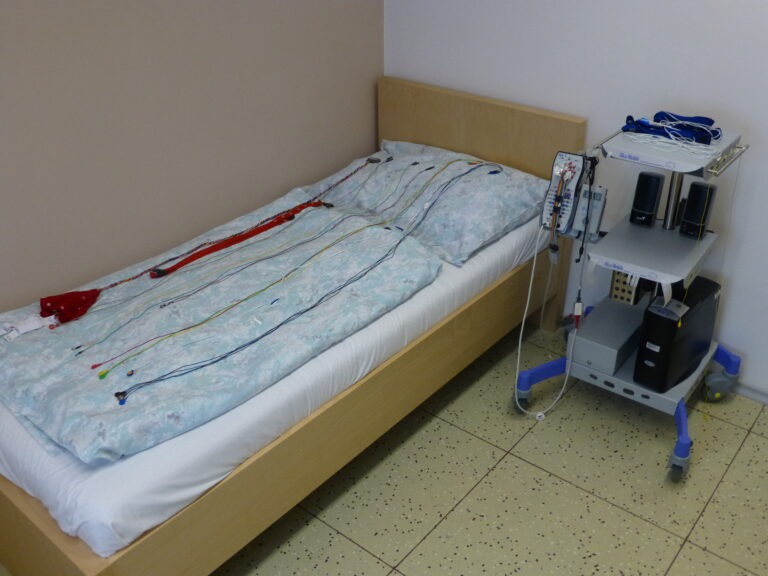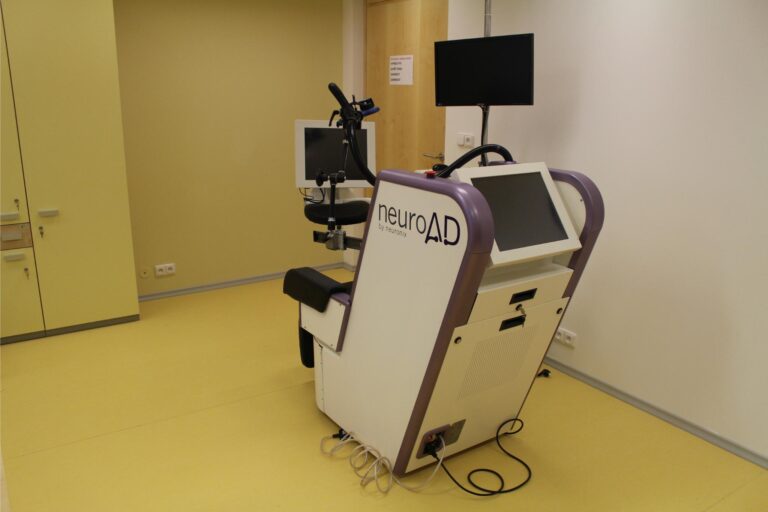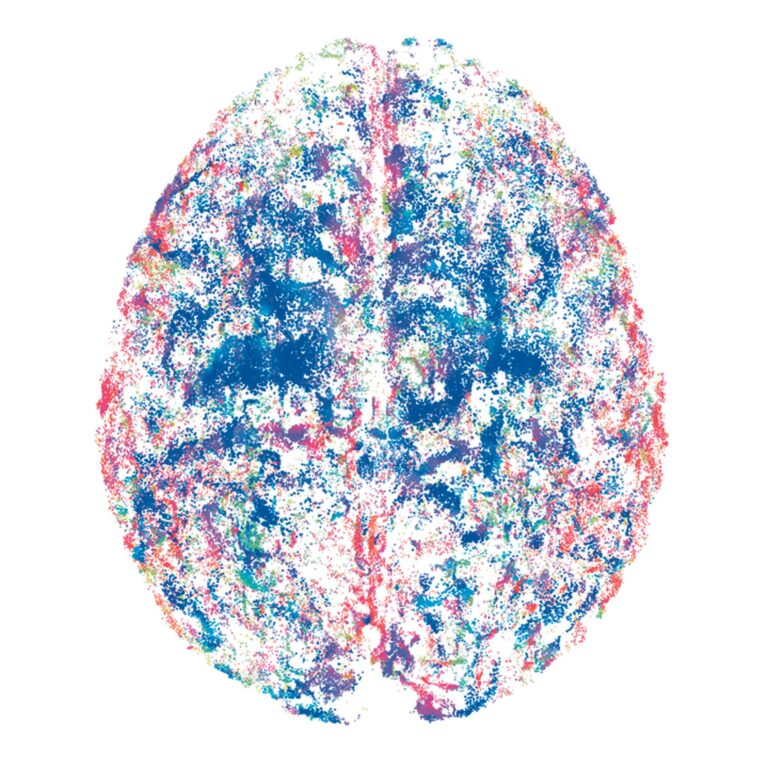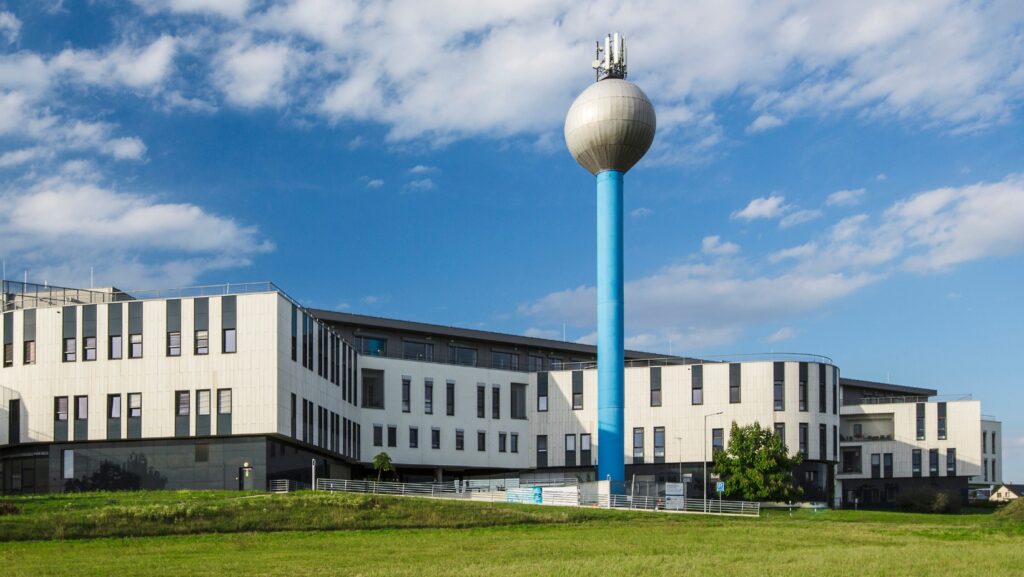
National Institute of Mental Health
General description
NIMH is a referential research centre for the field of mental health in the Czech Republic, with an international impact. The focus of the institute is research into the neurobiological mechanisms leading to the development of the most severe mental disorders (schizophrenia, disorders of mood, anxiety, sleep and cognitive disorders). Its activity also includes the development and testing of new diagnostic and therapeutic methods. The approach to addressing the issue is based on a mutual interconnection of the methodologies of molecular biology, animal modelling, and clinical research and testing. NIMH also provides standard and highly specialized institutional and outpatient care. NIMH is a holder of the European HR Excellence in Research Award.
Key Research Facilities, Infrastructure and Equipment
- Conduction of clinical trials focused on diagnosis, prevention, and remediation of risk factors threatening mental health of the individual
State-of-the art MRI facilities (3T Siemens Prisma MRI scanner) and computer infrastructure - Outpatient and inpatient clinics, extensive laboratory facilities
- Advanced computer based behavioural methods including the prepulse inhibition of startle responses (PPI), open-field arenas, Multiconditioning System
- Accredited surgery room
- Analytical centre focused on neurochemical analysis, particularly microdialysis samples (mass spectrometry systems, hybrid mass spectrometer LTQ Orbitrap Velos, liquid chromatographs with UV-vis detection, gas chromatographs)
- Equipment needed for histology cryocut and freezing microtome for tissue preparation, microscope equipped with fluorescence, light microscopy, digital cameras and all necessary software and computer plotting system.
- Systems for video/EEG recording
- Equipment for immunoblotting including: a centrifuge with rotors, vertical electrophoresis, a wet and semi-dry transfer device (Bio-Rad, USA), 2-D and 3-D shakers, a film processing device and evaluation software (Raytest, Germany).
Contact person
Contact us to know more about our location and work environment. Please use the main contact for questions related to administrative matters. Please contact the supervisors/group leaders of respective research groups regarding feasibility of your research proposal with regard to the research group activities.

Your future supervisors
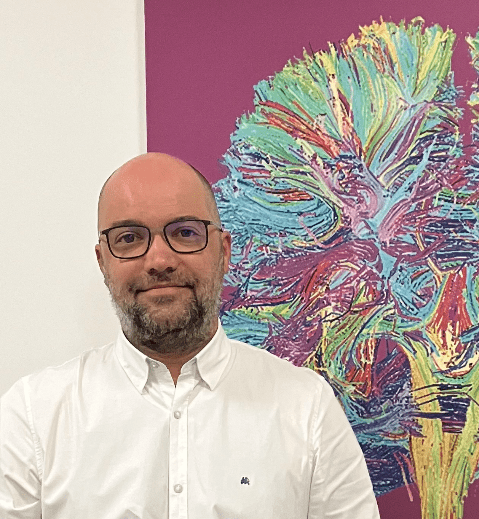

Grygoriy Tsenov
I am the Leader of Experimental Neurobiology group and the Head of Preclinical Research Program at the National Institute of Mental Health (Klecany, Czech Republic). I received PhD in Neuroscience from Charles University in Prague working on brain excitability changes in perinatal status epilepticus model. Later I focused on role of endothelin receptors in a model of perinatal ischemic stroke. During my postdoctoral stay at the University of Verona, IT (2015-2020) I worked on imaging neural excitability and networks in Genetic Absence Epilepsy Models, antiepileptic drug testing. Last but not least, I focused on microbiome changes in epilepsy models and microRNA based prediction of cerebral ischemia outcome.
As a Postdoctoral fellow, you would join the Experimental Neuroscience working group that is committed to expanding scientific knowledge in the field of neuronal functions under physiological and pathological conditions.
My group uses a range of methods and tools, including immunofluorescence imaging, biochemistry, fiber photometry, electrophysiology, microdialysis and molecular genetic approaches. Its goal is to define the connection between basic research in neurobiology, clinical neurology and psychiatry in the broadest sense of the word.
It focuses on research into the cellular and molecular biology of synaptic transmission and plasticity, neuronal development and signaling, inflammation of the nervous system, physiology of receptors and ion channels, homeostatic and metabolic processes. The group also deals with the issue of neurodegenerative diseases (epilepsy, AD, PD, cerebral ischemia, OCD, etc.) both in adulthood and during the perinatal period.
The department uses a range of methods and tools, including immunofluorescence imaging, biochemistry, in vivo photometry, electrophysiology, microdialysis and molecular genetic approaches.

Filip Španiel

Filip Španiel
My research activities are based on three pillars, basic and applied research, development of digital platforms for the prevention of relapse of the most serious mental illnesses and development of clinical applications as part of a comprehensive program of comprehensive care in the early stages of the most serious mental illnesses.
About the position
(A) Basic and applied research based on big data within the unique multimodal prospective database of first episode psychotic illness (ESO) that the center is building. In addition to clinically oriented neurobiological research, based on ESO data, we focus on the development of an information system for comprehensive personalized care in psychosis, which integrates clinical data with the results of neuroimaging (MRI), biochemical, immunological, proteomic, neurocognitive and genetic data. This digital platform and extensive normative database serve to predict the course of psychotic illnesses at their earliest stages and form the blueprint for an expert, data-driven decision system for clinicians (CAD) in psychiatry. The development of the CAD system is the main output of this branch of the Center’s activity. Another goal is the subtyping of individual neurobiological entities within the arbitrary nosological concept of schizophrenia, again on the basis of prospective, multimodal ESO data. The intention is to lay the foundations for stratified treatment of psychotic illnesses.
(B) These activities are followed by the second pillar focused on the development of digital platforms for the prevention of relapse of the most serious mental illnesses. We develop and implement also in an international context (i) an mHealth program for the prevention of schizophrenia relapse (ITAREPS), (ii) as part of applied research, we are developing an mHealth program with the collection of actigraphic data for bipolar affective disorder (the AKTIBIPO system), (iii) another area is the development of a digital of the PEBDI system (dynamic pupillometer with wireless data centralization), as a platform for early detection of relapse in schizophrenia and mood disorders.
Both activities (A) and (B) are combined into (C) the development of clinical applications as part of a comprehensive program of comprehensive care for the early stages of the most serious mental illnesses, especially schizophrenia and bipolar affective disorders.


